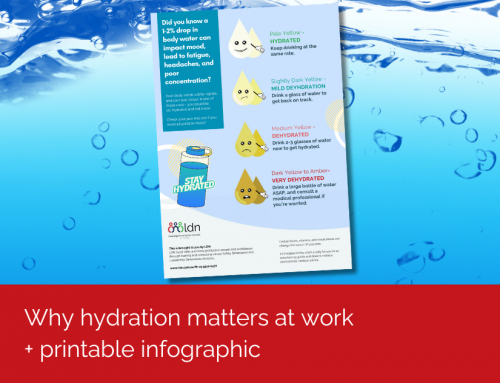
A nationwide ban on non-compete clauses in Australia is proposed to take effect from 2027, following the Federal Government’s 2025–26 Budget announcement. The aim is to lift wages, improve job mobility, and remove unfair employment restrictions.
If your organisation includes non-compete clauses in employment contracts, it’s critical to understand what’s changing, what remains enforceable, and the steps you should take now.
What’s changing
Non-compete clauses will be banned for employees and contractors earning under the high-income threshold (currently $175,000). These clauses, often used to stop workers joining competitors or starting competing businesses, have been criticised for holding back wage growth and limiting career progression.
What stays the same
-
Confidentiality and intellectual property protections remain enforceable.
-
Non-solicitation clauses preventing staff or client poaching are not affected.
What employers should do now
-
Audit current contracts for non-compete clauses.
-
Strengthen confidentiality agreements to protect sensitive information.
-
Update contract templates ahead of the proposed 2027 implementation.
-
Focus on staff retention through strong workplace culture and professional development.
This reform reflects a shift away from restrictive employment practices and towards building engagement and trust.
For more, see the official announcement: https://ministers.dewr.gov.au/chalmers/cracking-down-non-compete-clauses-boost-wages-and-productivity





